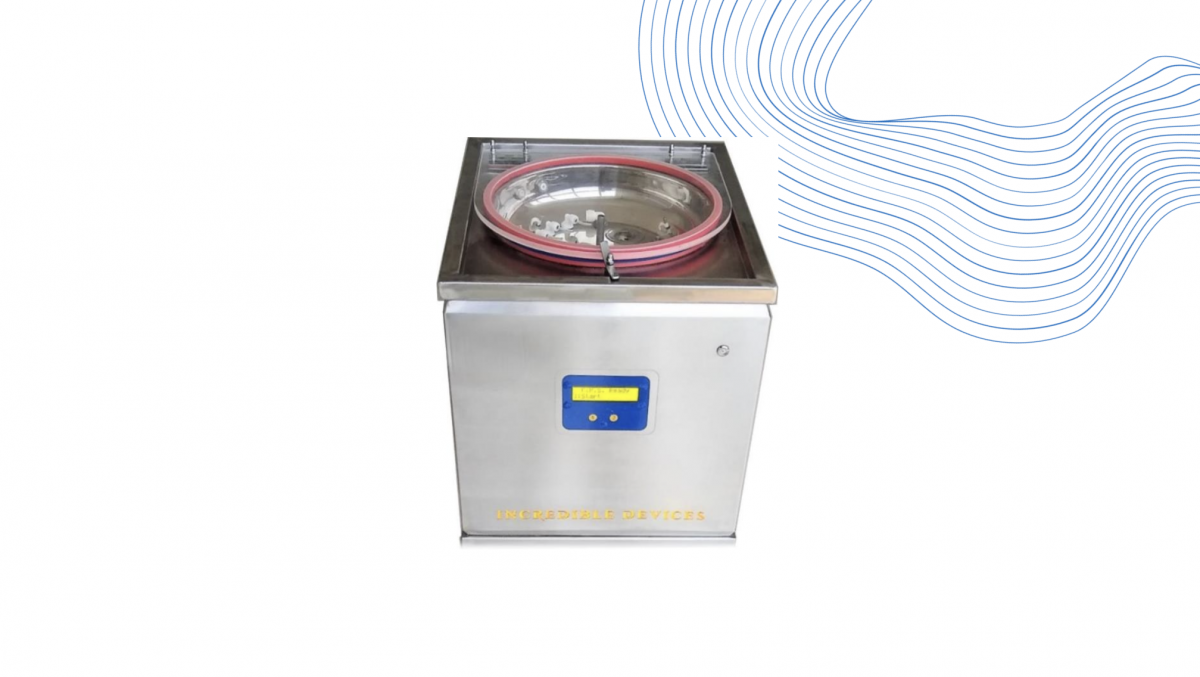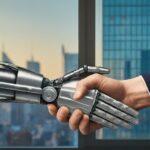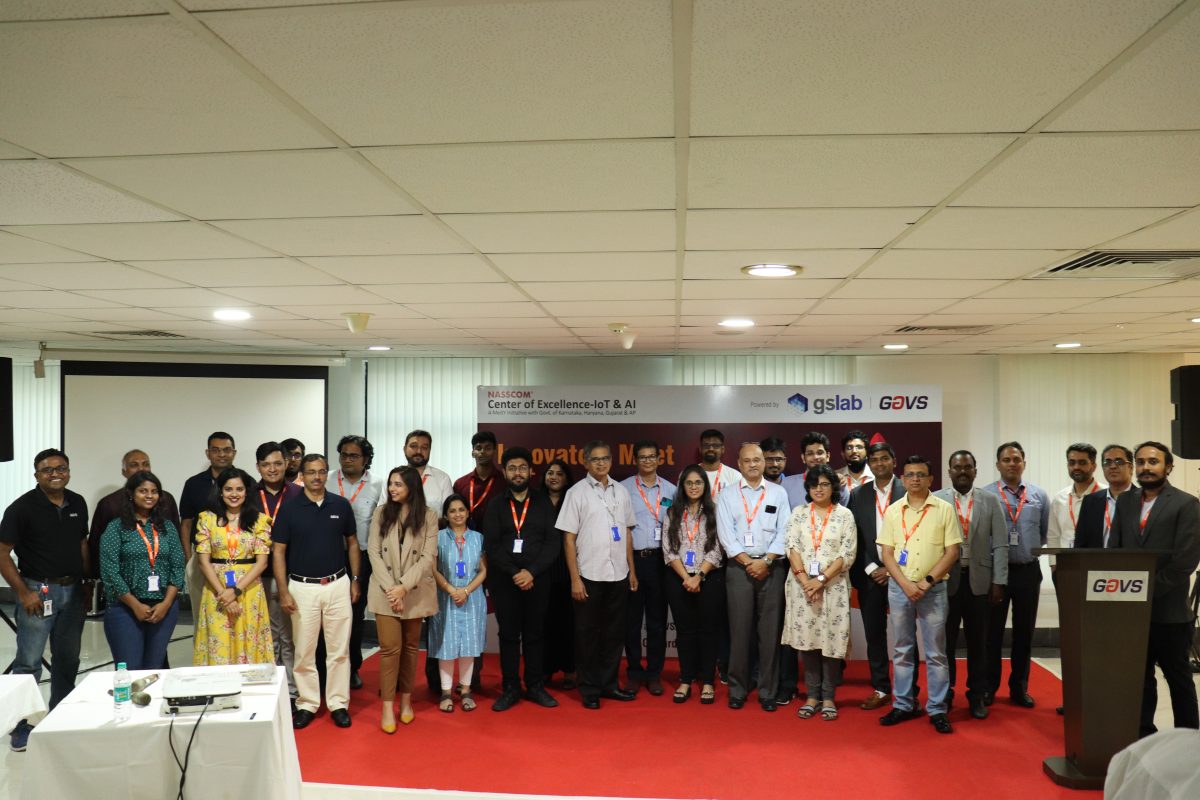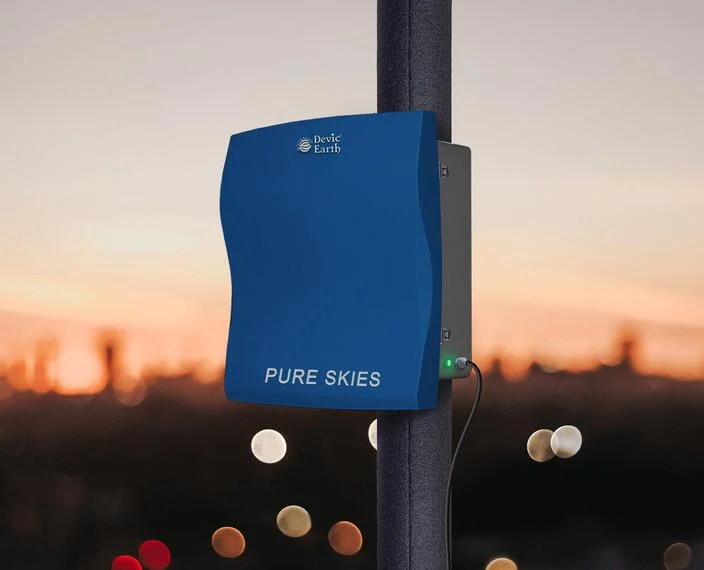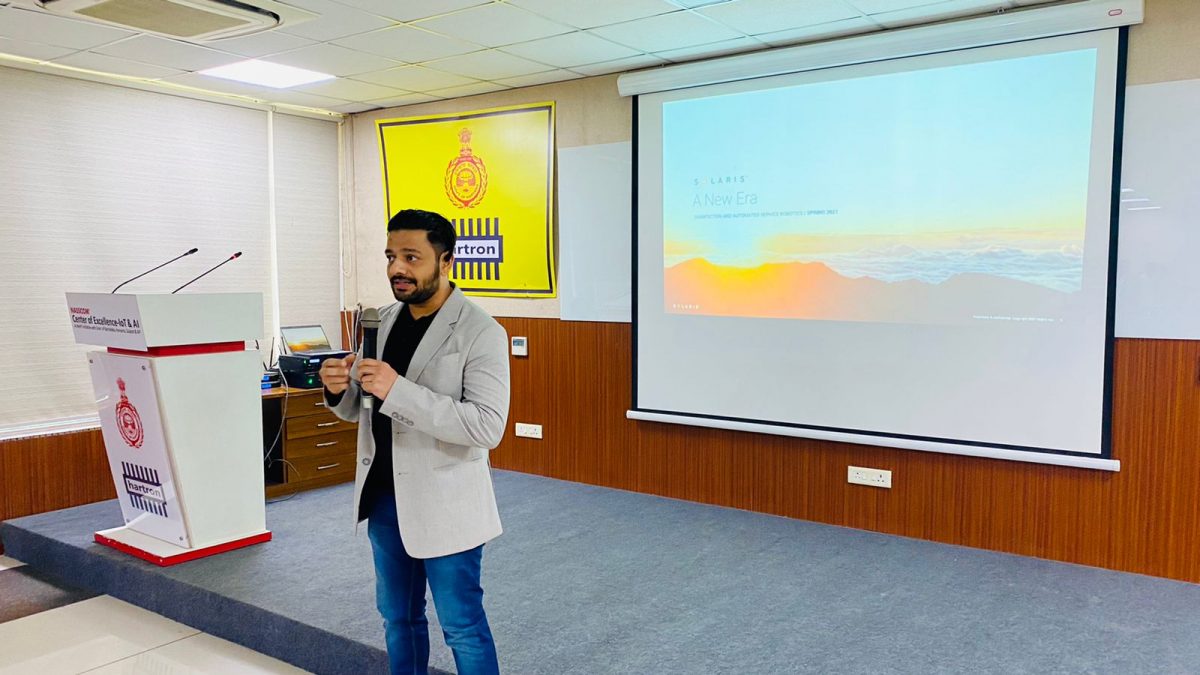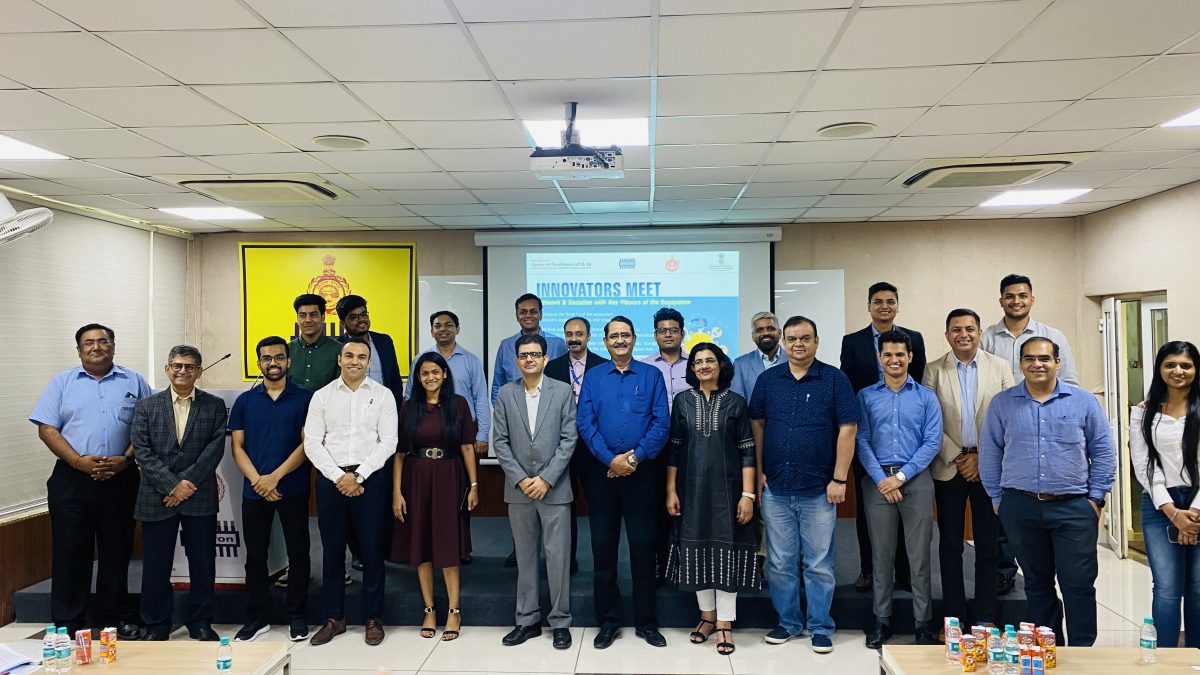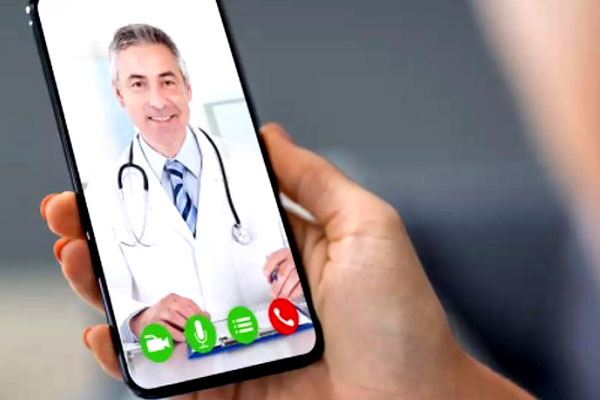The heart disease rate among Indians / South Asians is double that of the national averages of the western world. The reasons attributed to this are varied from underlying genetic predisposition to metabolic deregulation, as well as a recent shift to increasing consumption of red meats, junk foods, and higher stress.
The treatment of coronary heart disease (CHD) is significantly expensive in the country and has catastrophic effects on families, particularly those of low socioeconomic status. The approximate expenditure incurred in an open heart surgery ranges from Rs 1.75 lakh to 4.25 lakh. Coronary angiography will likely cost around Rs.10,000 to Rs. 15,000. Moreover, valve surgeries could easily cost between Rs 2.5 lakh- 4 lakh. The cost of heart stents has also catapulted over the years with prices soaring by lakhs.
A catheter is a thin flexible tube made from medical-grade materials serving diverse functions. To diagnose or treat certain heart conditions, such as clogged arteries or irregular heartbeat cardiac catheterization is done in which a catheter is guided through a blood vessel to the heart. A contrast dye visible in X-rays is injected through the catheter. X-ray images show the dye as it flows through the heart arteries. This shows where arteries are blocked.
Diagnostic and angioplasty catheters are intended for single use only and cannot be reused without some risks involved. But with effective cleaning, sterilizing, and some quality control procedures it can be made reusable which significantly brings down the cost of treatment.
Incredible Devices, a medical devices startup, has developed an automatic computer-guided catheter reprocessing machine. The CRS (Catheter Reprocessing System) has an inbuilt computer that stringently monitors every process and, as per the company claims, effectively cleans catheters with precision and accuracy which is not possible with conventional manual methods. It helps to eliminate all kinds of human errors thereby ensuring the reusability of catheters leading to safe and affordable treatment.
The CRS can thus bring down the treatment cost for cardiovascular diseases by up to 55 percent by reducing the catheter replacement process by 80 percent. This technology has helped patients with poor economic backgrounds. It also reduces imports of catheters and balloons by 90% while also reducing biochemical waste.
The company with the support of Govt. of India & Singapore has also developed the ARS (Advanced Reprocessing System), which is a device that safely reprocesses essential medical devices like ventilator expiratory parts used on COVID patients and ensures doctor & patient safety amid the pandemic. It helps prevent Hospital Acquired Infection, Fungal VAP, and other infections spread through the use of unclean ventilators.

